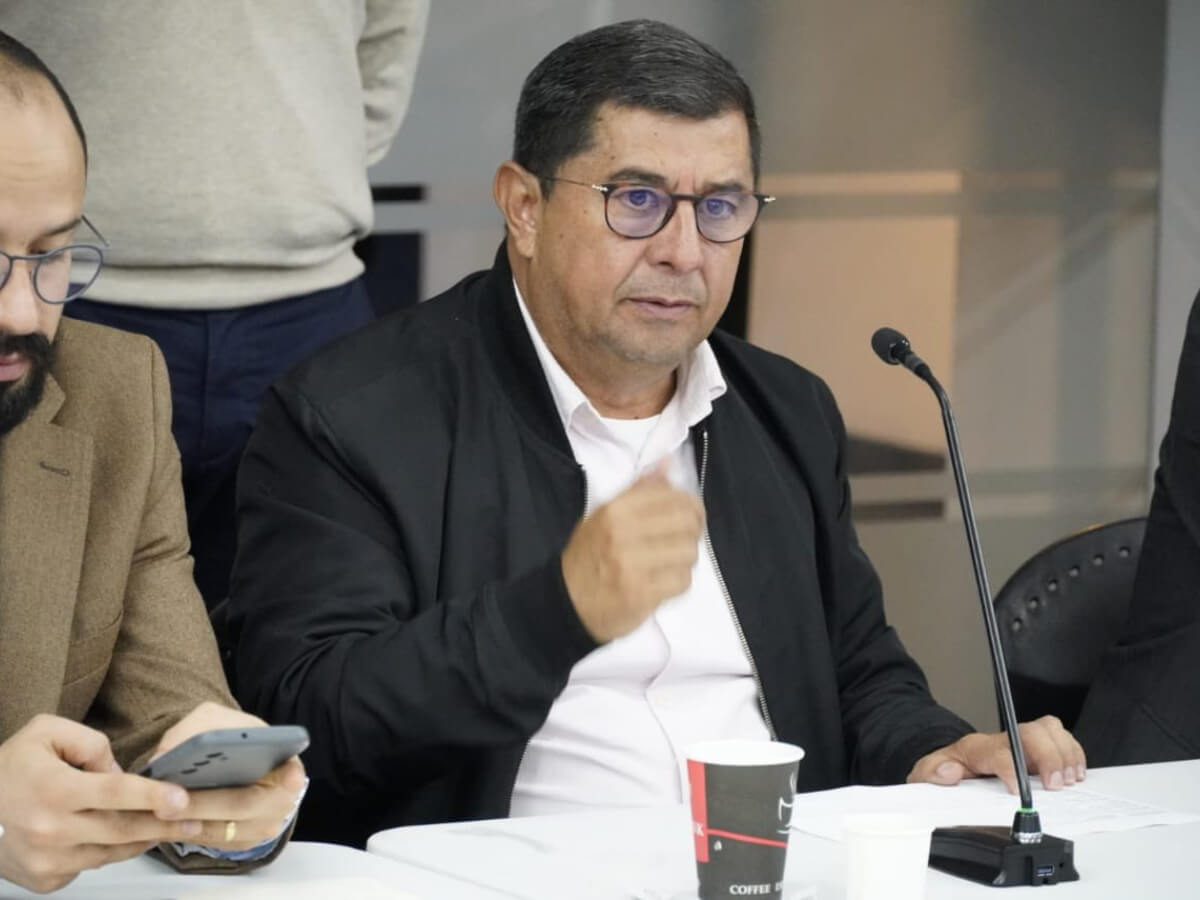César Manrique, already serving a 10-year sentence, is set to face new charges for his alleged role in embezzling funds from Colombia’s National Unit for Disaster Risk Management (UNGRD). The Colombian Prosecutor’s Office announced plans to charge Manrique in connection with the diversion of UNGRD resources.
Fiscalía imputará cargos a César Manrique por caso Ungrd

Key Takeaways:
- The Prosecutor’s Office will charge César Manrique with new embezzlement charges.
- Manrique is accused of diverting resources from the UNGRD.
- He is already serving a 10-year sentence for previous irregularities.
- Previous conviction involved the purchase of electric motorcycles during Petro’s mayoralty.
- The new charges intensify Manrique’s legal challenges.
Prosecutors Announce New Charges
The Colombian Prosecutor’s Office has announced plans to charge César Manrique for his alleged participation in the embezzlement of resources from the National Unit for Disaster Risk Management (UNGRD). This development marks a significant escalation in the legal troubles facing the former official.
Background on UNGRD Allegations
The new charges stem from accusations that Manrique was involved in the diversion of funds allocated to the UNGRD. The agency is responsible for coordinating disaster risk management efforts across Colombia, and the misappropriation of its resources could have serious implications for national emergency response capabilities.
Previous Convictions
Manrique is no stranger to legal scrutiny. He is currently serving a 10-year prison sentence for irregularities related to the purchase of electric motorcycles. These irregularities involved procurement processes and contracts that did not adhere to legal standards, resulting in significant financial discrepancies.
Connection to Petro’s Mayoralty
The prior conviction is tied to events that occurred during the mayoralty of Gustavo Petro. Manrique’s involvement in the electric motorcycle project was intended to modernize the city’s transportation infrastructure. However, the initiative became mired in controversy due to allegations of corruption and mismanagement.
Legal Implications
The new charges add to an already substantial list of legal challenges for Manrique. If convicted, the additional allegations could lead to an extension of his current sentence and further diminish his prospects for early release. The Prosecutor’s Office’s decision to pursue these charges underscores a broader commitment to combating corruption within public institutions.
Conclusion
César Manrique’s mounting legal issues highlight ongoing concerns about corruption in Colombia’s public sector. As the case unfolds, it will serve as a critical indicator of the country’s efforts to enforce accountability and transparency among its officials.











